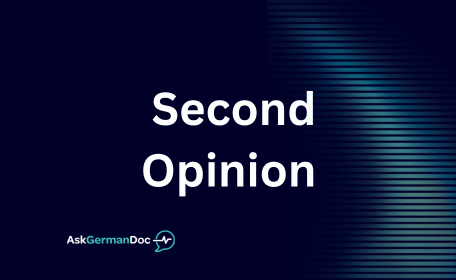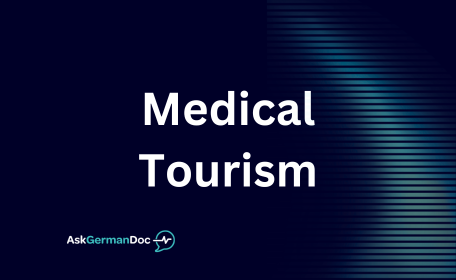Surgery for a herniated disc may become necessary when symptoms are severe, long-lasting, or involve neurological deficits. In most cases, however, conservative treatment is sufficient. This article explains when surgery might be appropriate, which methods are used, and what studies say about their effectiveness.
When Is Surgery for a Herniated Disc Considered?
In Germany, disc surgery is generally recommended only when conservative treatments fail or in urgent neurological cases. According to the German Institute for Quality and Efficiency in Health Care (IQWiG), most herniated disc symptoms resolve on their own within six weeks. Conservative treatment includes physiotherapy, medication, physical activity, and rest.
Surgery may be considered if the pain persists for more than 6–12 weeks or if serious neurological symptoms appear. These may include progressive numbness, muscle weakness, or even bladder or bowel dysfunction, which are signs of nerve compression. In these rare cases, urgent surgery is often needed to prevent permanent damage.
Before making a surgical decision, it is strongly advised to obtain a second medical opinion to evaluate the risks and alternatives thoroughly.
What Are the Most Common Surgical Methods?
Several surgical techniques are used to treat herniated discs. The method chosen depends on the patient’s condition, medical findings, and the location of the disc herniation.
Microsurgical (Open) Discectomy
This is the most common surgical technique. The surgeon removes the disc portion compressing the nerve using a small incision, often with the help of a microscope. General anesthesia is required, and patients typically stay in the hospital for a few days.
This method is considered clinically proven, but like any surgery, it carries risks such as infection, bleeding, or nerve injury.
Endoscopic (Minimally Invasive) Surgery
Endoscopic procedures involve a small skin incision and the insertion of a camera and instruments. This technique can be performed under local or general anesthesia and may offer faster recovery times.
According to IQWiG, endoscopic surgery is equally effective in relieving symptoms. However, clear advantages over open surgery—such as fewer complications—have not yet been proven by high-quality studies.
Does Surgery Really Help?
Various studies have compared surgical treatment with conservative approaches. The results show that surgery can provide faster pain relief and improved mobility, particularly in the first few months. One large comparative study cited by IQWiG showed that patients who had surgery experienced less pain after three months and were more mobile.
However, after one year, the difference between surgical and non-surgical patients tends to disappear. Long-term outcomes are similar. This means that surgery can speed up recovery, but does not necessarily lead to better results in the long term.
Spinal Fusion and Disc Implants: What Are the Alternatives?
In rare and more complex cases, additional surgical options may be considered.
Spinal Fusion (Spondylodesis)
In this procedure, the affected vertebrae are fused together after the disc is removed. The goal is to stabilize the spine. Bone material or titanium implants are used to fill the space. This method limits mobility at the treated segment and may lead to increased stress on adjacent vertebrae.
Artificial Disc Replacement
Instead of fusion, an artificial disc implant may be inserted to preserve motion. This technique is still being researched, and long-term benefits compared to standard treatments remain unclear.
These options are typically reserved for specific indications and must be evaluated individually.
Conclusion: Surgery Is Not Always Necessary
For most patients with a herniated disc, non-surgical treatment is sufficient. Surgery may be appropriate if symptoms are severe, disabling, or fail to improve after several weeks of structured therapy. It is important to discuss all options with an experienced physician and, ideally, obtain a second opinion from a specialist.
Patients considering surgery should weigh risks and benefits carefully and be informed about recovery expectations. Digital platforms such as AskGermanDoc can help patients receive independent second opinions from German medical experts, especially when making major treatment decisions.
Sources
-
IQWiG – Institute for Quality and Efficiency in Health Care: Herniated disc: When is surgery necessary? https://www.gesundheitsinformation.de
-
German Society of Neurosurgery (DGNC): Guidelines on lumbar disc herniation https://www.dgnc.de
-
Cochrane Library, 2023: Surgical versus non-surgical treatment for lumbar disc herniation https://www.cochranelibrary.com
Legal Notice
This article is intended for general information only and does not constitute medical advice. It does not replace a consultation with a licensed physician. No specific treatment is recommended or guaranteed. All content complies with the German Heilmittelwerbegesetz (HWG) and reflects the current state of scientific knowledge.


